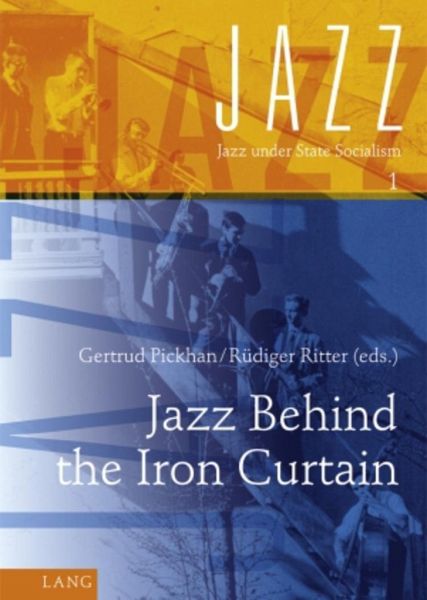
Jazz Behind the Iron Curtain
Versandkostenfrei!
Versandfertig in 6-10 Tagen
67,55 €
inkl. MwSt.

PAYBACK Punkte
0 °P sammeln!
Jazz has never been simply music. From its very inception, jazz has been imbued with social meaning. This is what makes this kind of music an interesting field of study not only for the music historian, but also for the sociologist and the cultural historian. In the state socialist countries of East-Central Europe after World War II, jazz acquired a special meaning as a symbol of the American way of life, a symbol of freedom - at least for its admirers. The ruling elites and the establishment regarded jazz as music of the class enemy, a music of social degeneration. These contrasting views on ...
Jazz has never been simply music. From its very inception, jazz has been imbued with social meaning. This is what makes this kind of music an interesting field of study not only for the music historian, but also for the sociologist and the cultural historian. In the state socialist countries of East-Central Europe after World War II, jazz acquired a special meaning as a symbol of the American way of life, a symbol of freedom - at least for its admirers. The ruling elites and the establishment regarded jazz as music of the class enemy, a music of social degeneration. These contrasting views on jazz led to hot debates over jazz and the implementation of complicated policies towards jazz music and the jazz scene, which oscillated between affirmation and repression.












